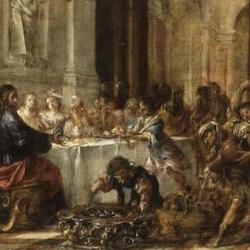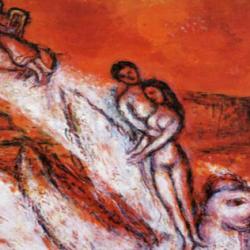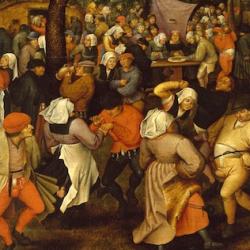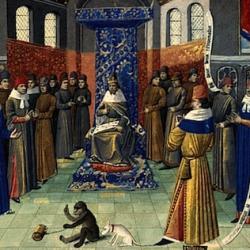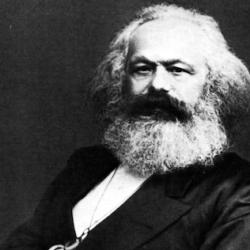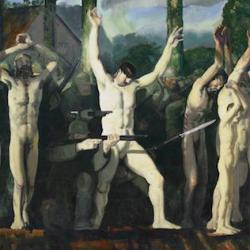Max Thurian (Mary, Mother of All Christians) has a wonderful treatment of Mary’s role at the wedding feast at Cana. He starts by noting some of the symbolic dimensions of the event. The wedding takes place on “the third day,” initiating a theme that runs through the rest of John’s gospel (several times Jesus acts “after two days). The third day is also the seventh mentioned day in John 1-2, completing a creation week with a Sabbath feast. Thurian points... Read more

